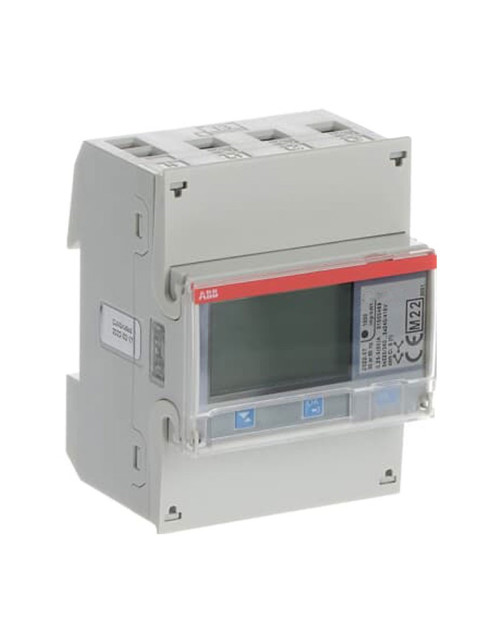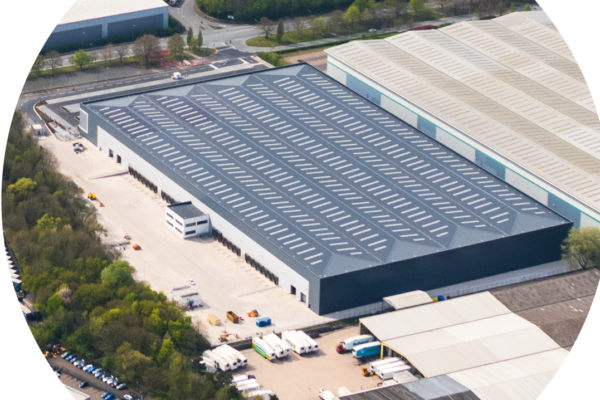The Rise of Smart Meters and Their Impact on Energy Management

Introduction to Smart Meters
Smart meters are gaining traction as essential tools in modern energy management. These devices allow consumers to track their energy usage in real time, resulting in increased awareness and the potential for cost savings. As the world pushes towards sustainability, smart meters are becoming increasingly relevant, offering a pathway for more efficient energy consumption and management.
What are Smart Meters?
Smart meters are advanced utility meters that provide detailed information about energy consumption, unlike traditional meters that only record total consumption over a billing period. By transmitting data directly to energy providers, smart meters eliminate the need for estimated billing and can help identify usage patterns in a household or business. This technology is integral in enabling demand-side management and load balancing, both essential for optimising energy distribution.
Current Events Surrounding Smart Meters
In recent months, the UK government has been taking significant steps towards the wider rollout of smart meters as part of its commitment to achieving net zero emissions by 2050. According to the latest reports, approximately 30 million smart and advanced meters have been installed in homes and small businesses across the UK. This initiative enables consumers to make informed decisions about their energy usage while also reducing overall carbon emissions.
Major energy suppliers are actively encouraging customers to transition to smart meters by offering incentives such as discounts on energy bills and rewards for reducing consumption during peak hours. Additionally, energy service providers are investing heavily in infrastructure to ensure seamless integration of smart meters into their existing systems, which is expected to support the growing demand for renewable energy sources.
Benefits of Smart Meter Technology
Smart meters offer various benefits for consumers and utility providers alike. By providing better visibility into energy consumption, users can make adjustments to their habits, potentially lowering their bills. Furthermore, the data gathered from smart meters can help energy providers manage their supply more efficiently, ultimately reducing strain on the grid.
Additionally, smart meters contribute to greater environmental sustainability by facilitating the integration of renewable energy sources, such as solar and wind power, into our energy systems. They can measure the flow of energy back into the grid, allowing consumers to sell any excess energy generated back to their utility providers.
Conclusion
The ongoing adoption of smart meters marks a pivotal shift in how energy is consumed and managed. As technology continues to advance and more users embrace smart meters, the drive for greater sustainability in energy practices will only strengthen. The benefits for consumers, including cost savings and heightened awareness of energy consumption, alongside the positive environmental impact, highlight the significance of this technology. Ultimately, smart meters are not just about tracking energy usage; they represent a vital step towards a more sustainable and efficient energy future.
You may also like

The Importance of Building a Sustainable Company

Understanding the Significance of Energy in Our Lives
